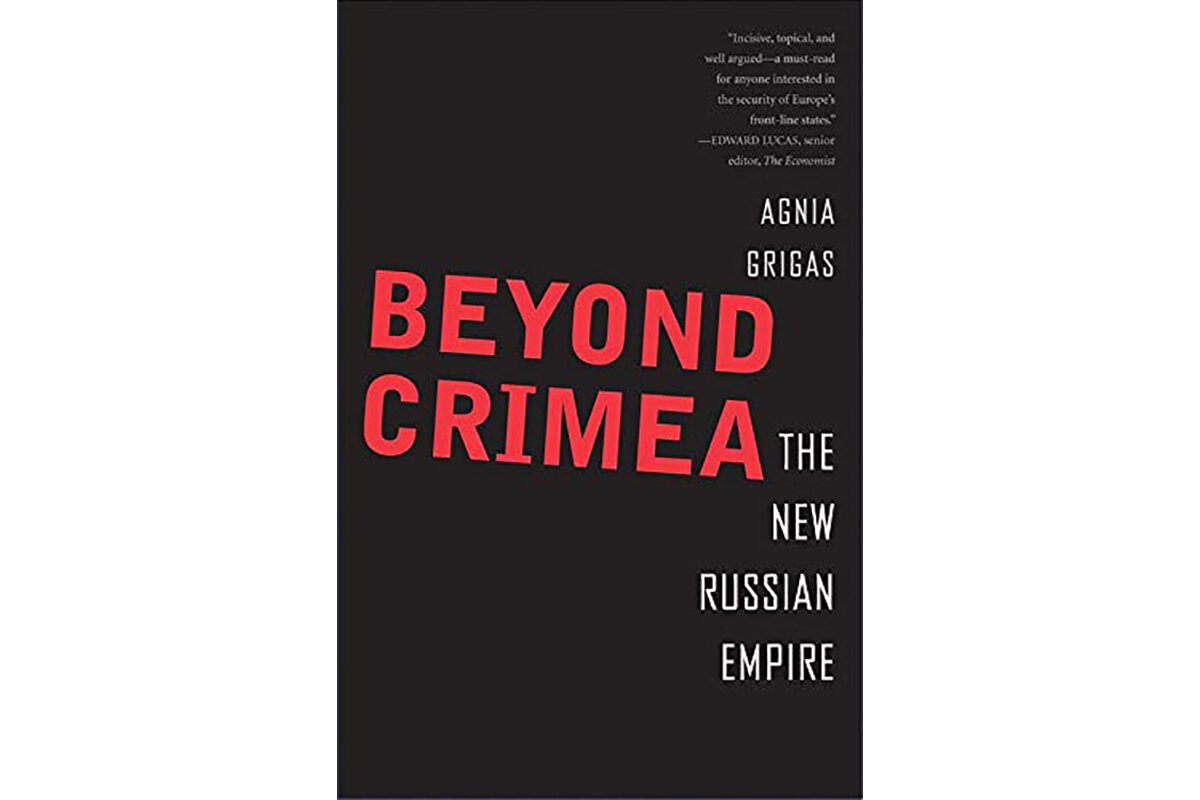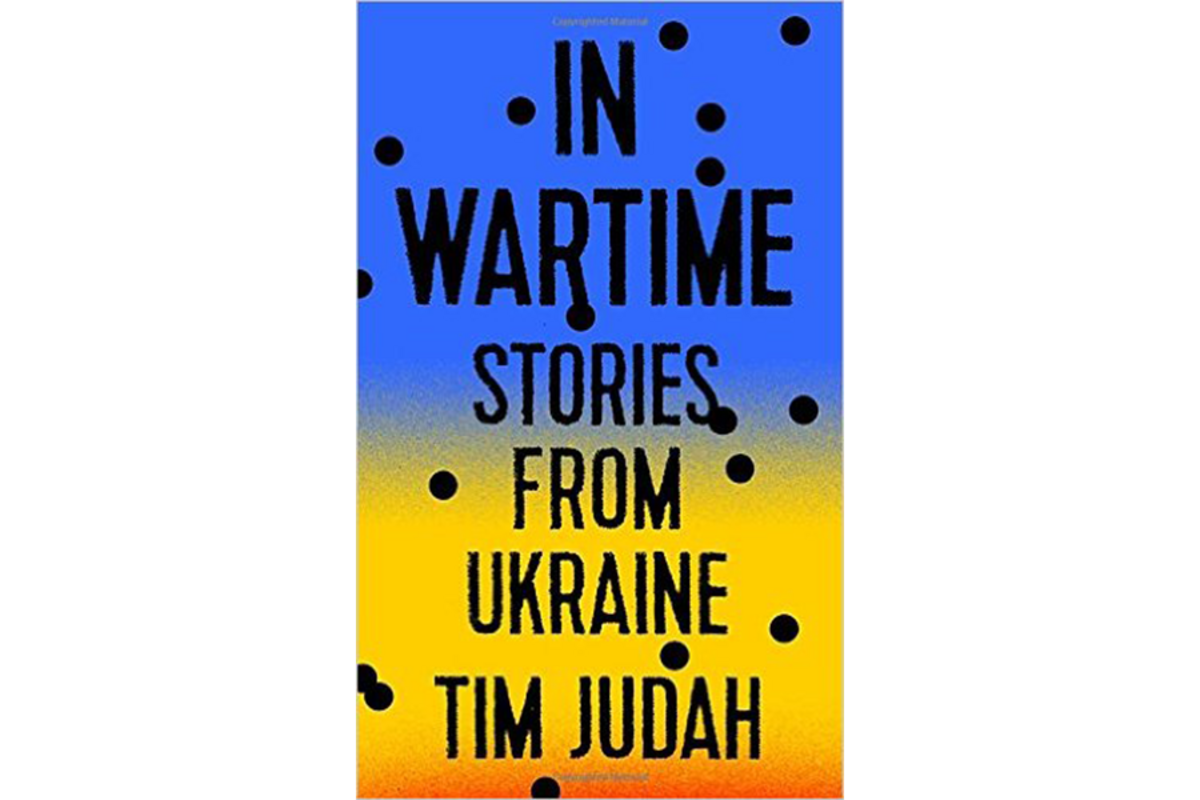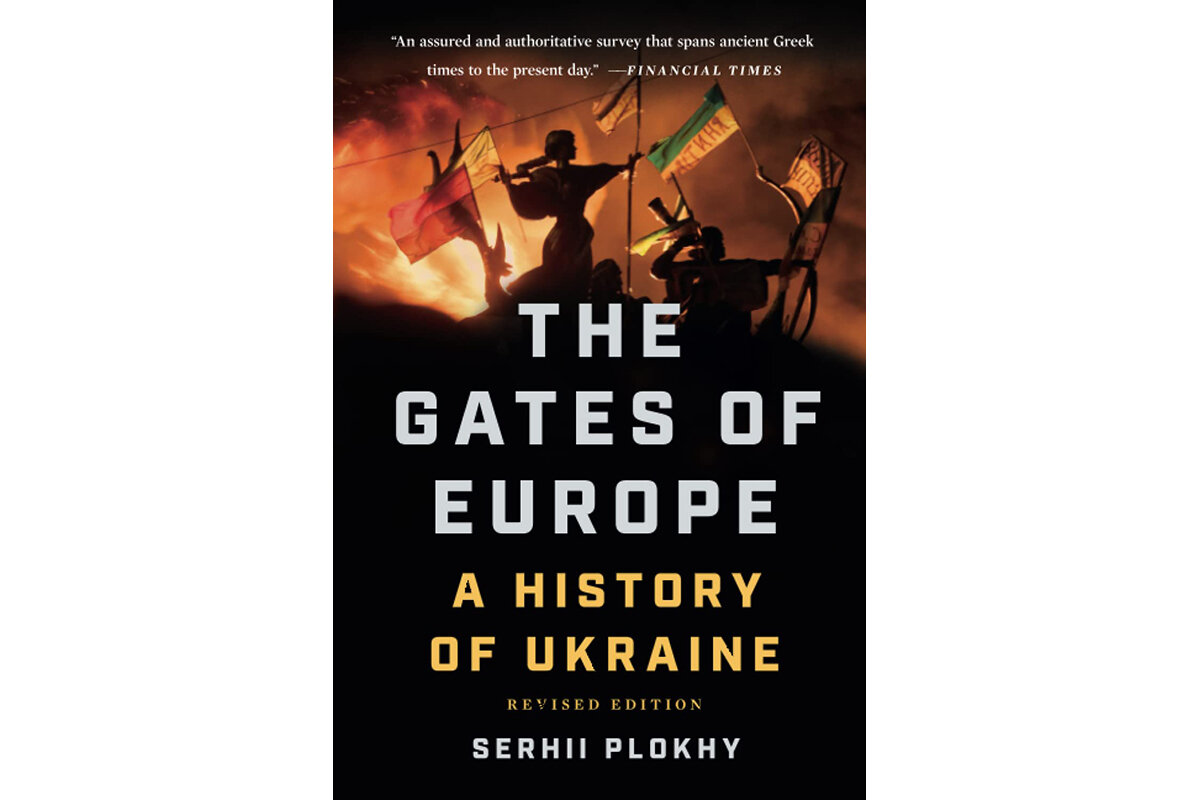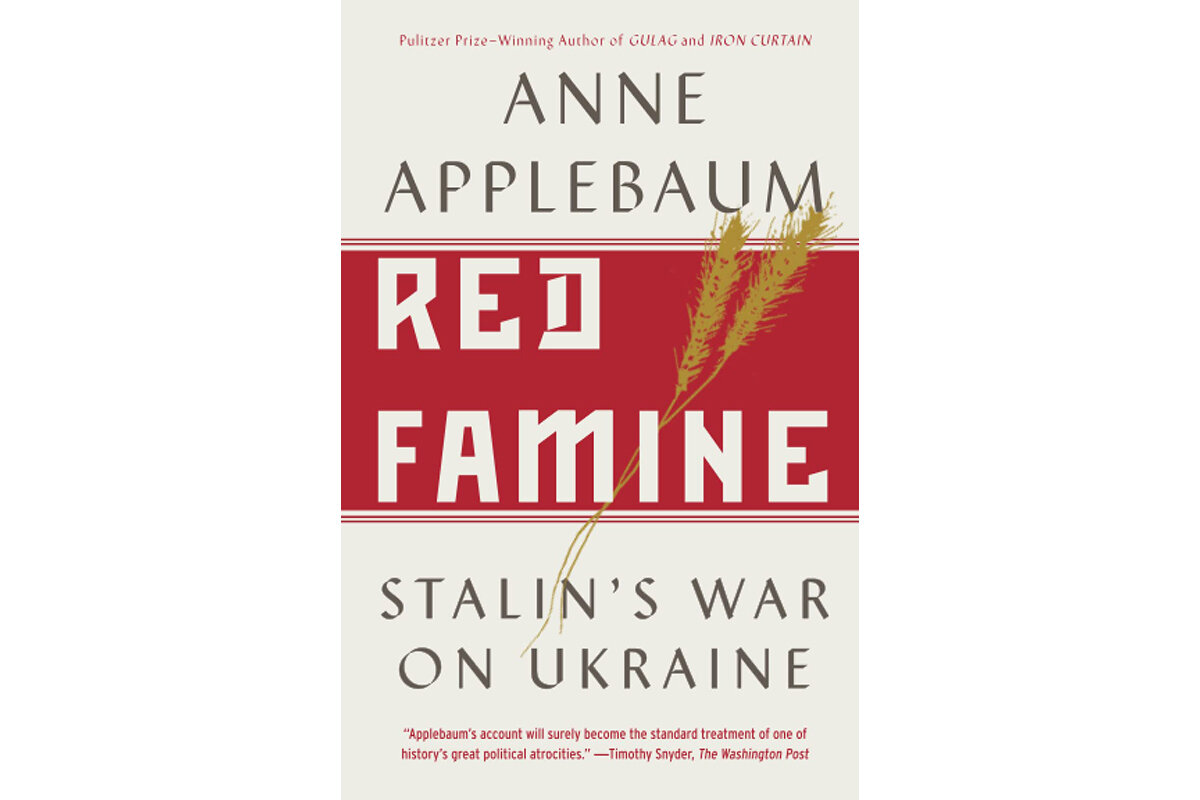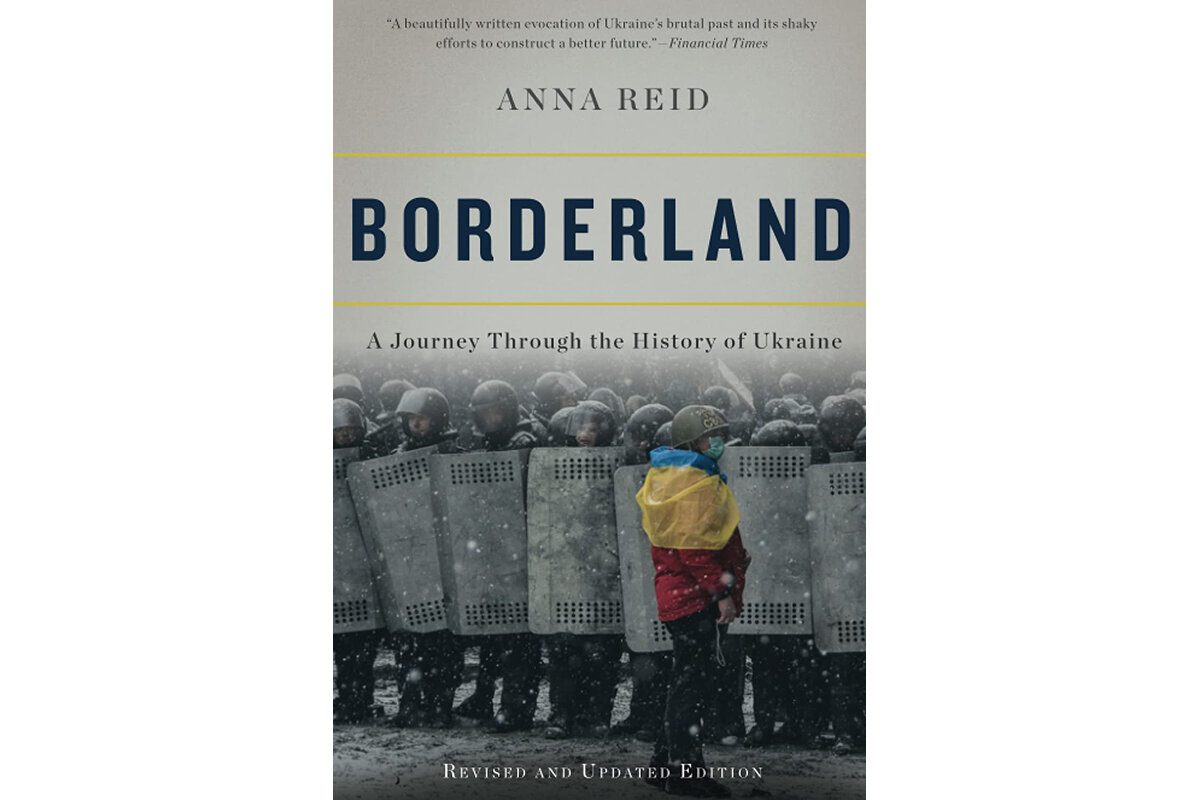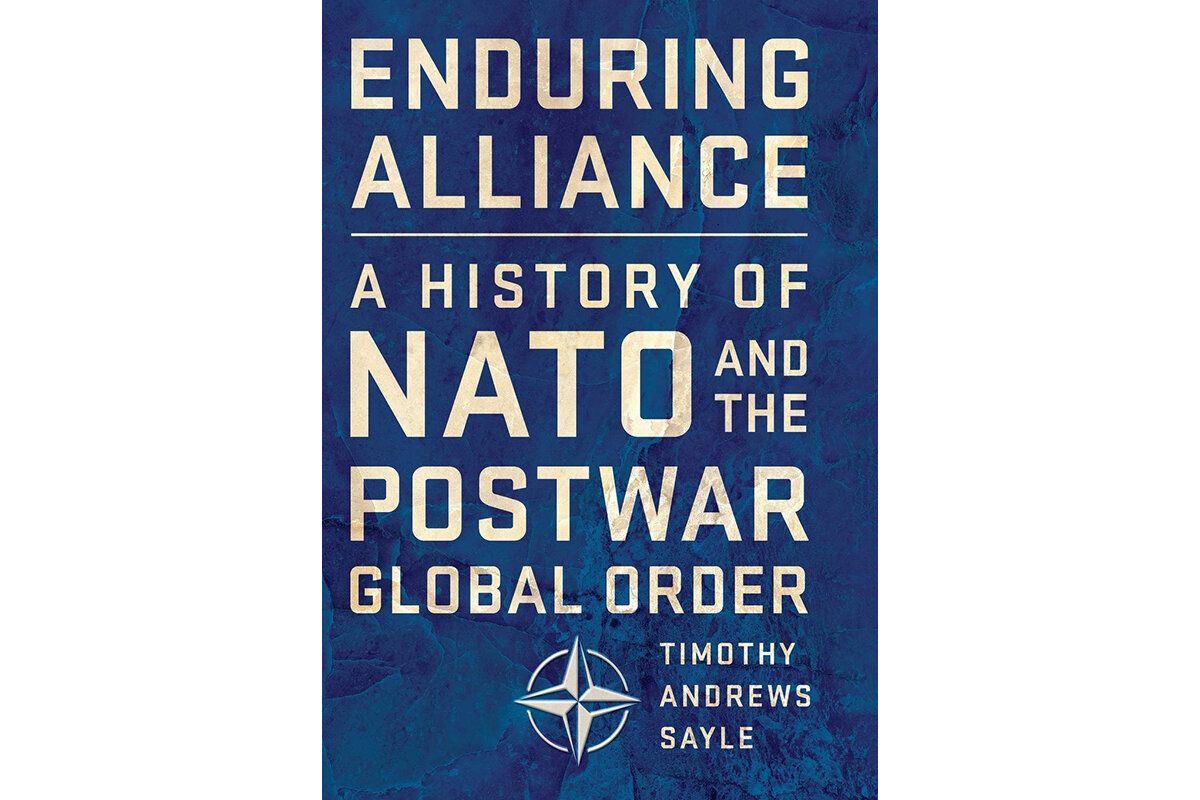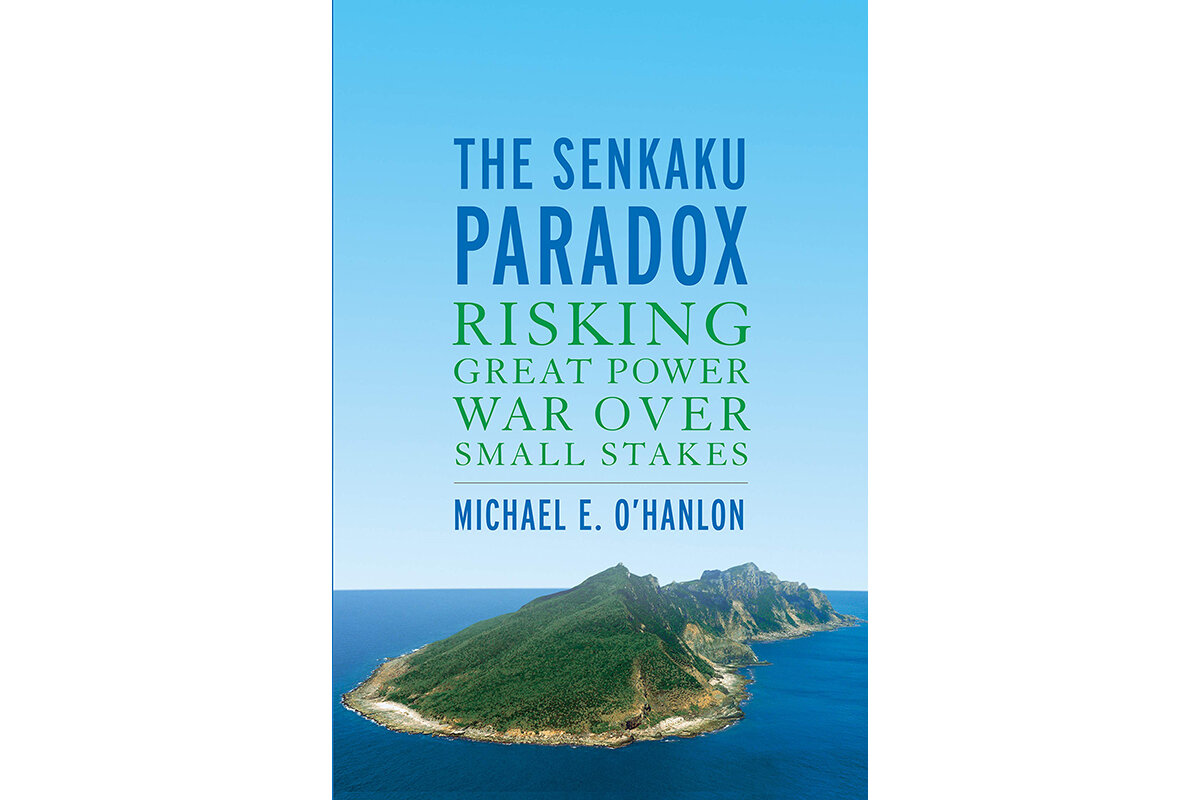Putting conflict in context: A reading list for Ukraine
Loading...
When Russia invaded Ukraine on Feb. 24, even avid news watchers throughout the West were stunned. Despite the well publicized��military buildup of Russian forces on the Ukrainian border for many months, it seemed on some level unbelievable that Russia would launch a land war on a European nation while, thanks to social media and the 24-hour news cycle, the whole world could watch – and unite in sympathy with the valiant Ukrainians.
One natural response on the part of all these shocked onlookers was to look for books to help them make sense of what they were seeing in their news feeds.��
They’ve looked, for instance, for accounts of precedents to Vladimir Putin’s attempt at a land-grab in Ukraine – the largest and most noticeable of which was his 2014 attack on Ukraine’s Crimean Peninsula. That’s the opening emphasis of 2016’s “Beyond Crimea: The New Russian Empire” by Agnia Grigas, an experienced political analyst who examines what can be studied of Putin’s mind frame in attempting to reconstitute a 21st-century version of the vanished Soviet Union.
Why We Wrote This
Can we better understand the present by examining the past? Our reviewer has chosen key books that probe the history behind Russia’s invasion of Ukraine.
��
��
That annexation of Crimea wasn’t��acceptable to Ukraine, of course, and the��result was war, which journalist Tim��Judah covers in granular detail in his gritty and intensely moving book “In Wartime: Stories from Ukraine.” The fighting Judah covers can’t help but read as a prelude to the��larger-scale violence filling the news today, but the stories Judah relates are more��detailed and focus on the war’s effects on ordinary Ukrainians. (I reviewed��“In��Wartime” for the Monitor back in 2016.)
Readers anxiously studying the headlines have likewise looked for books about the attacked country itself. The best of these is Serhii Plokhy’s “The Gates of Europe: A History of Ukraine,” which came out in 2015 and takes a scrupulous, panoramic look at over a thousand years of Ukraine’s history – including its long and convoluted relationship with Russia.��Plokhy is a tremendously engaging writer, and “The Gates of Europe” is an absorbing reading experience that well deserves its newfound bestseller status, however tragic the reason.
One of the most devastating chapters in Ukraine’s history gets its own excellent book in Anne��Applebaum’s “Red Famine:��Stalin’s War on Ukraine” from 2017, which details Stalin’s policy of “Sovietization” in Ukraine, which resulted in a consciously planned and mercilessly executed widespread famine that killed many thousands among Ukraine’s peasantry and left deep scars on the fabric connecting the two countries. In the course of her study, Applebaum examines the hot-button topic of Ukraine’s nationalist aspirations, the dreams of its people – and the long-standing Russian urge to quash them.
The dreams of ordinary Ukrainian people are at the center of Anna Reid’s 2015 book “Borderland: A Journey Through the History of Ukraine,” in which she travels the country and talks to people from all walks of life.��Her book is evocatively written, and she matches the personal portraits she relates with a sweeping history of the country on a broader canvas. In unsure hands, this combination of wide and narrow focus can go wrong, ending up seeming to trivialize both. But Reid invests both concentrations with extensive research and rich empathy.
Reid’s book moves readers right up to relatively present-day events, and those events touch the wider international world mainly because of one overwhelming tension that’s on the minds of even the most disinterested observers: What are the chances that this conflict in eastern Ukraine could spill out in the larger arena of first Europe and then the rest of the world?
Much of the answer to such a question depends on NATO, which is why all eyes have turned to that alliance and its stated intentions, whether to confront Russia directly or merely to sanction the country into economic oblivion and supply materiel to Ukraine. NATO’s growth near Russia’s Western border was clearly a preoccupation and a pretext for Putin, and the organization’s prominence in the news has led many people to wonder just what it is and what it can do.��
One valuable resource in understanding these matters is “Enduring Alliance: A History of NATO and the Postwar Global Order” by Timothy Andrews Sayle, which came out in 2019 and details the formation and the limitations of NATO. It’s a keen assessment of how NATO functions.
And the deepest concern lurking behind such issues is, inevitably, the question of nuclear war. Will Russia and the West risk nuclear war over a couple of provinces in eastern Ukraine? For this, Michael O’Hanlon’s penetrating 2019 book “The Senkaku Paradox: Risking Great Power War Over Small Stakes” becomes essential reading – and perhaps provides a glimmer of hope.��As supply chains and social media have proliferated in reach and power, economic and political pressures have perhaps become more effective. Worse outcomes – and the worst outcome – may yet be avoided.







